Jim Thorpe — All American (1951)
“Tonight we pay recognition to a man who had more than a brief moment — a man who, during the past half-century, has carved a permanent place for himself in all our hearts.”
|
Synopsis: |
|
Genres, Themes, Actors, and Directors:
Review:
Next we see grown Thorpe studying at the notorious Carlisle Indian Industrial School, where he quickly demonstrates his mettle as an extraordinary runner and track-and-field star (Lancaster is truly impressive performing his own athletic stunts here). Soon Thorpe meets and falls for a young woman (Thaxter): … who is also being wooed by a star football player (Steve Cochran): … thus leading Thorpe to attempt (and succeed in!) that sport as well. Meanwhile, Thorpe wows the entire world by setting new records at the Olympics: … only to face a major setback when his awards are rescinded based on a ridiculous technicality. He rallies at the birth of his son, but when unimaginable tragedy hits once again, Thorpe never really recovers. The screenplay simplifies Thorpe’s complicated personal life — he was married three times and had eight children, though only one of each are shown here — but we don’t mind this narrative elision given how powerfully we understand the depths to which he sinks. Perhaps most impressive is the attempt made to present Native Americans’ perspectives on navigating through their newly colonized land — though we must also suffer through obnoxiously stereotypical “Indian music” pounding on the soundtrack: Regardless, this film offers a rare glimpse into the lives of Native Americans at the turn of the 20th century, and serves as a valuable semi-historical document about an enormously gifted athlete. Redeeming Qualities and Moments: Must See? Categories
Links: |
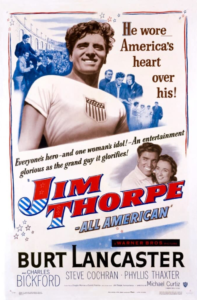
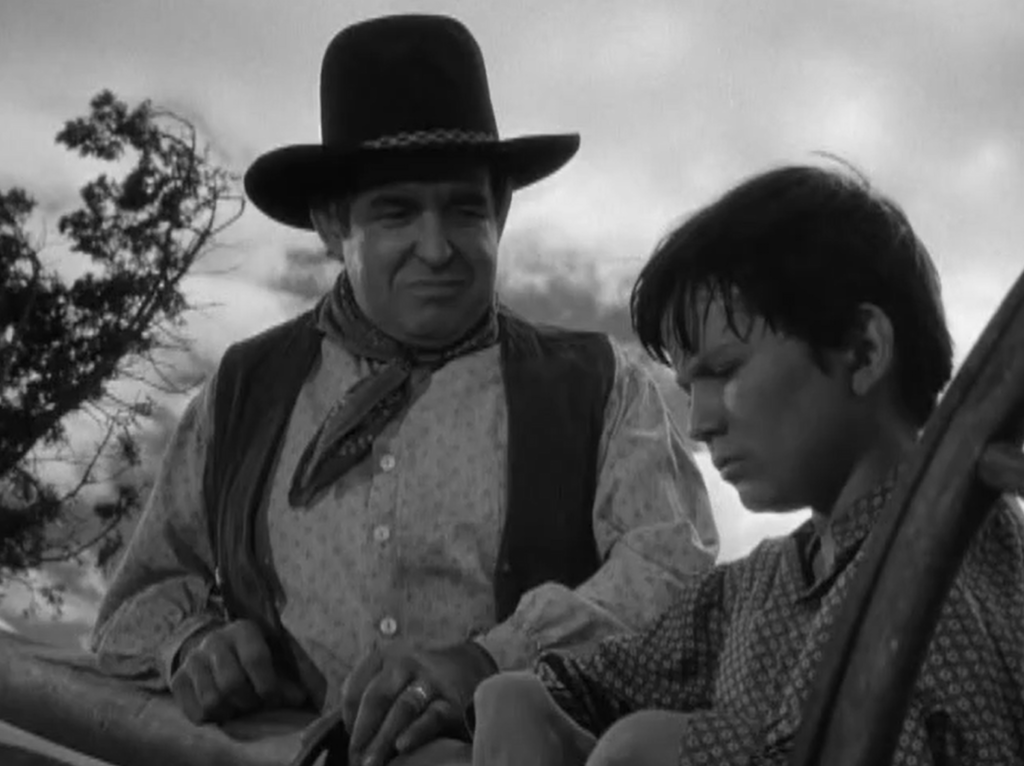
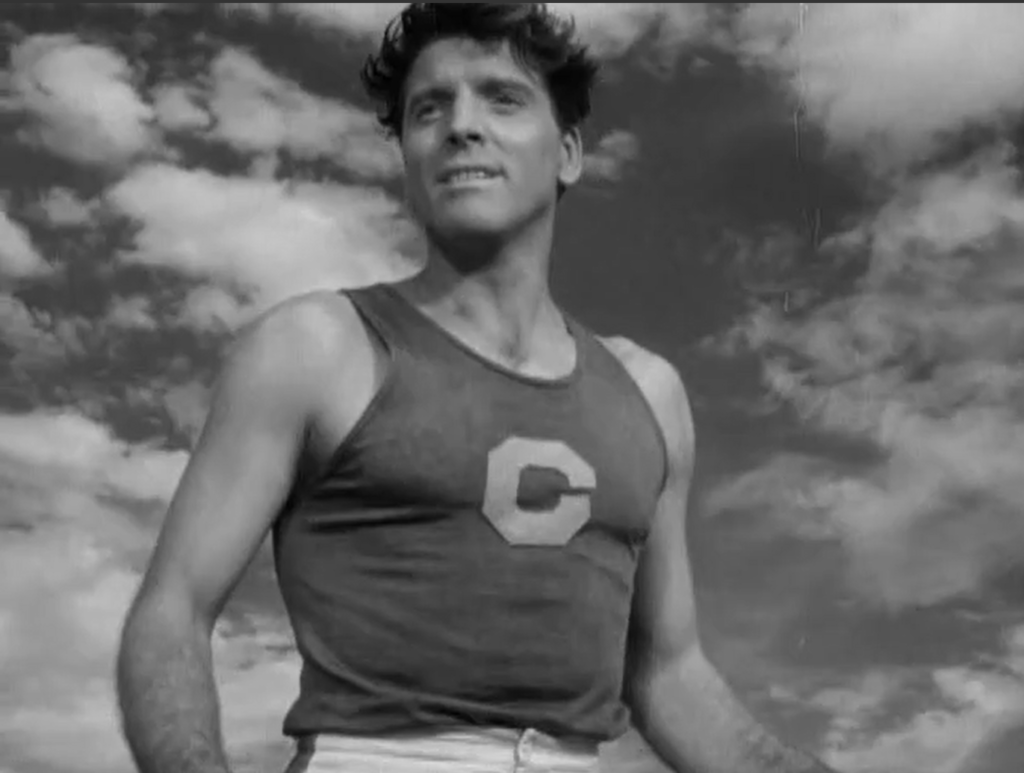
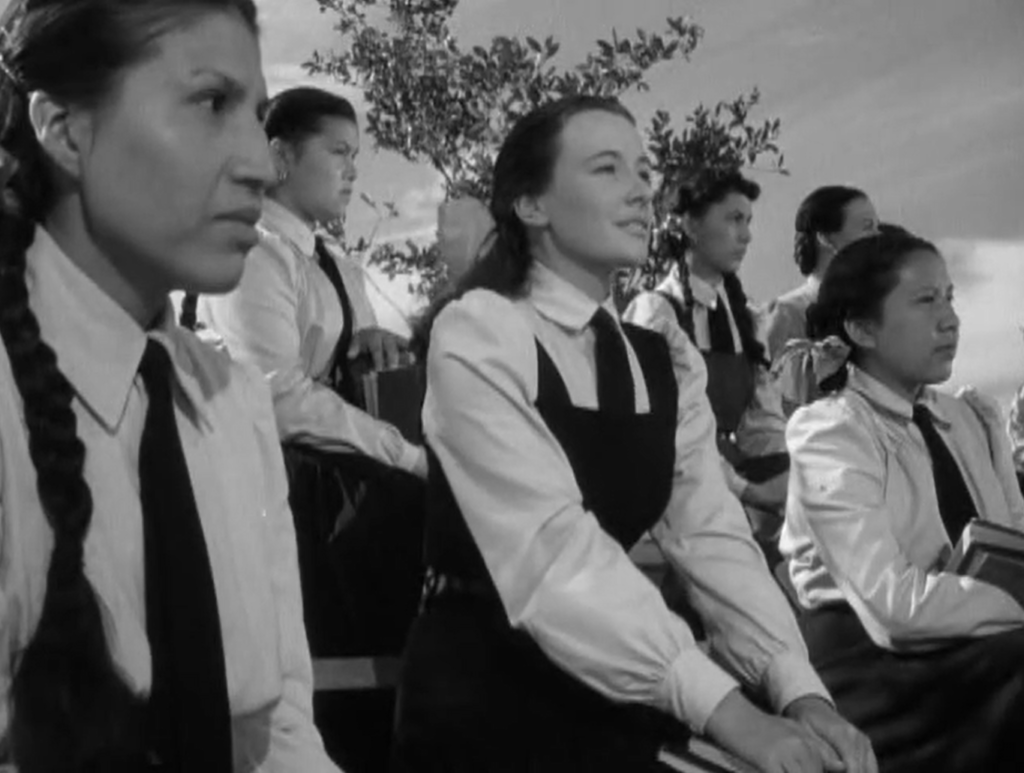
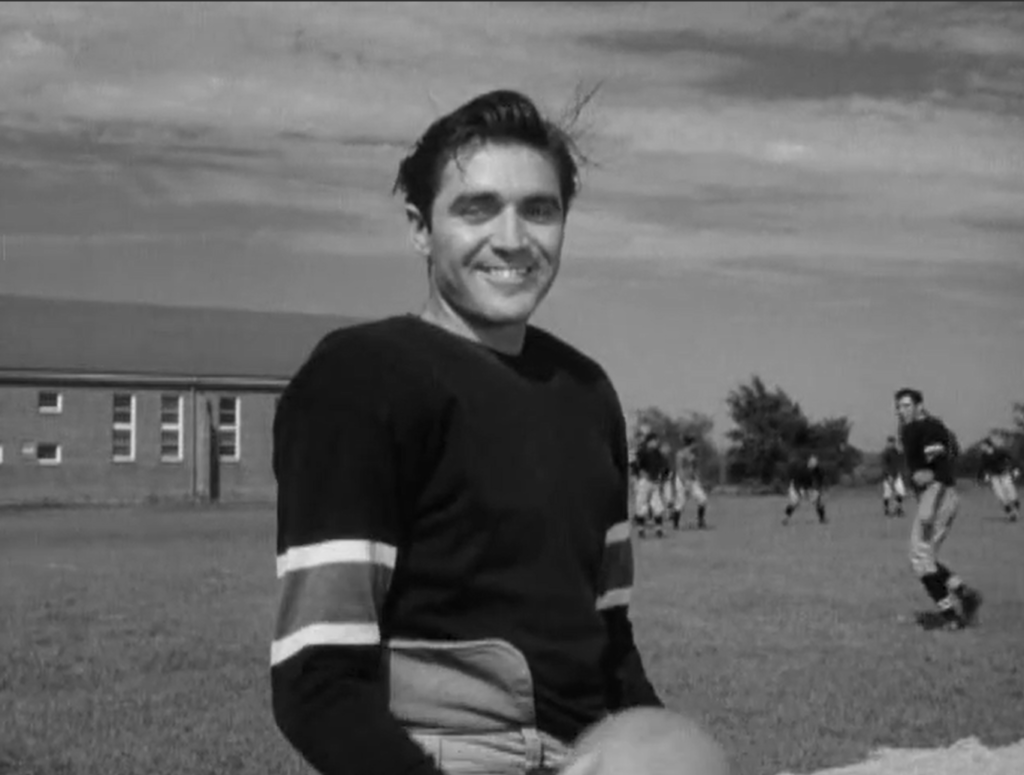
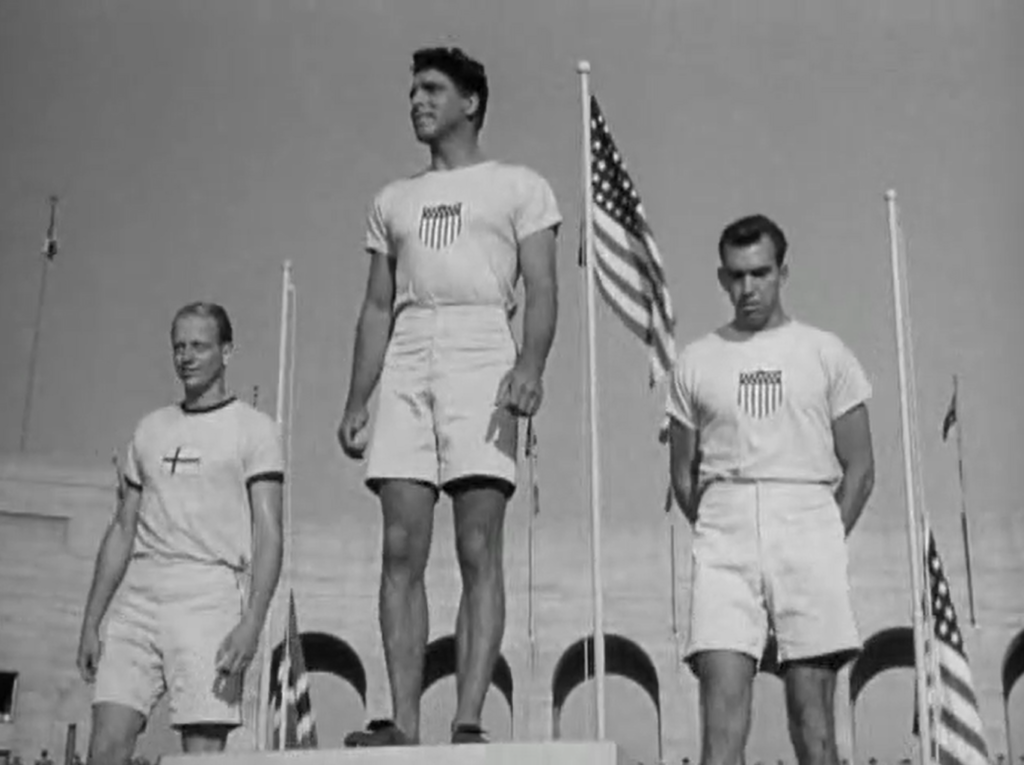
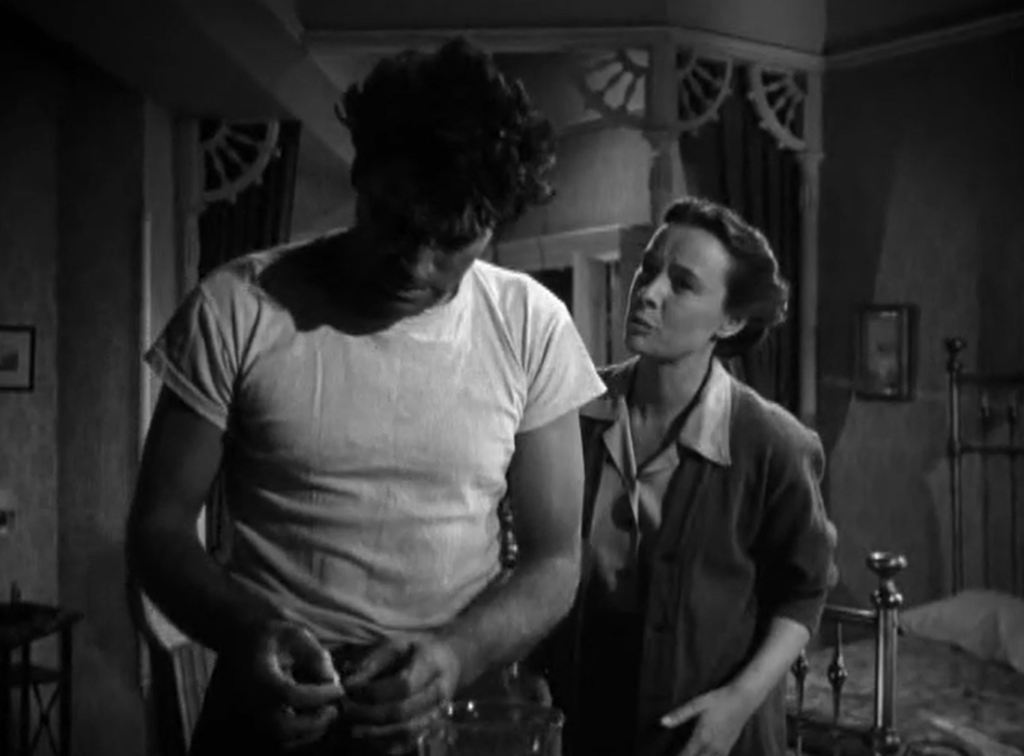
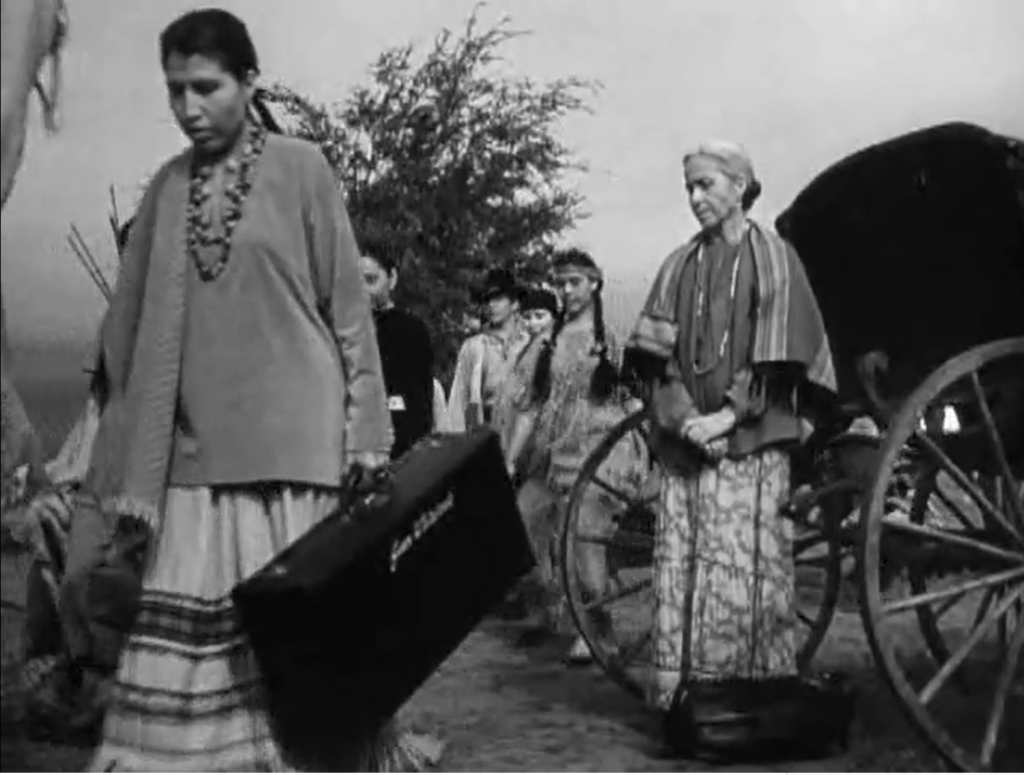
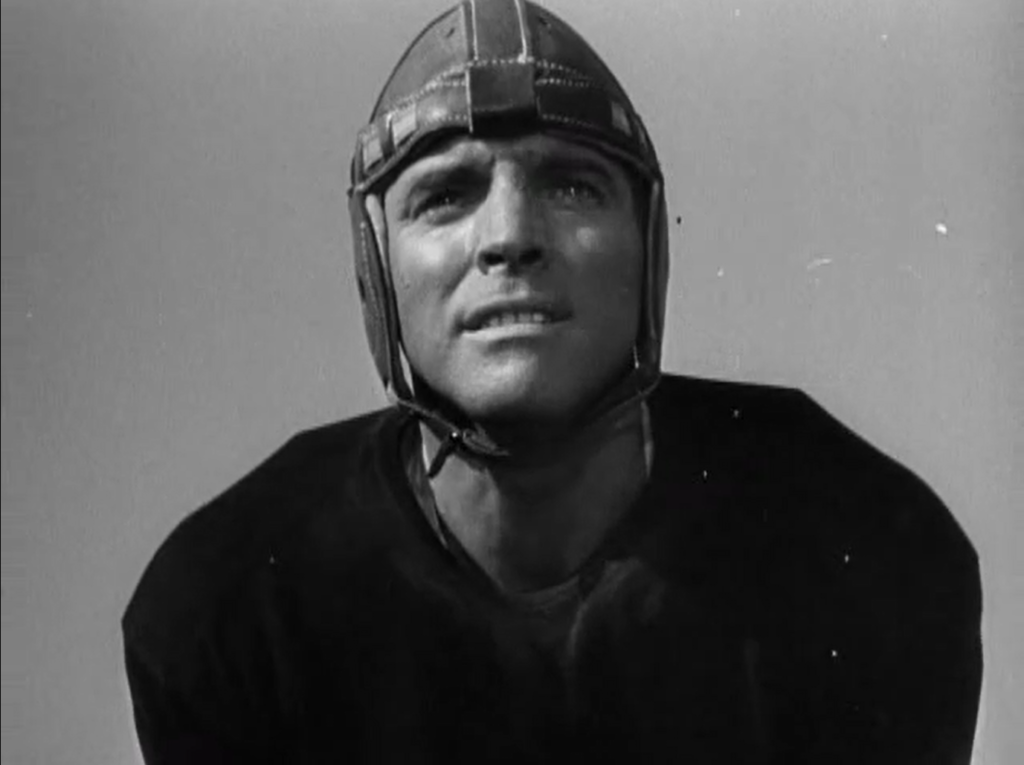
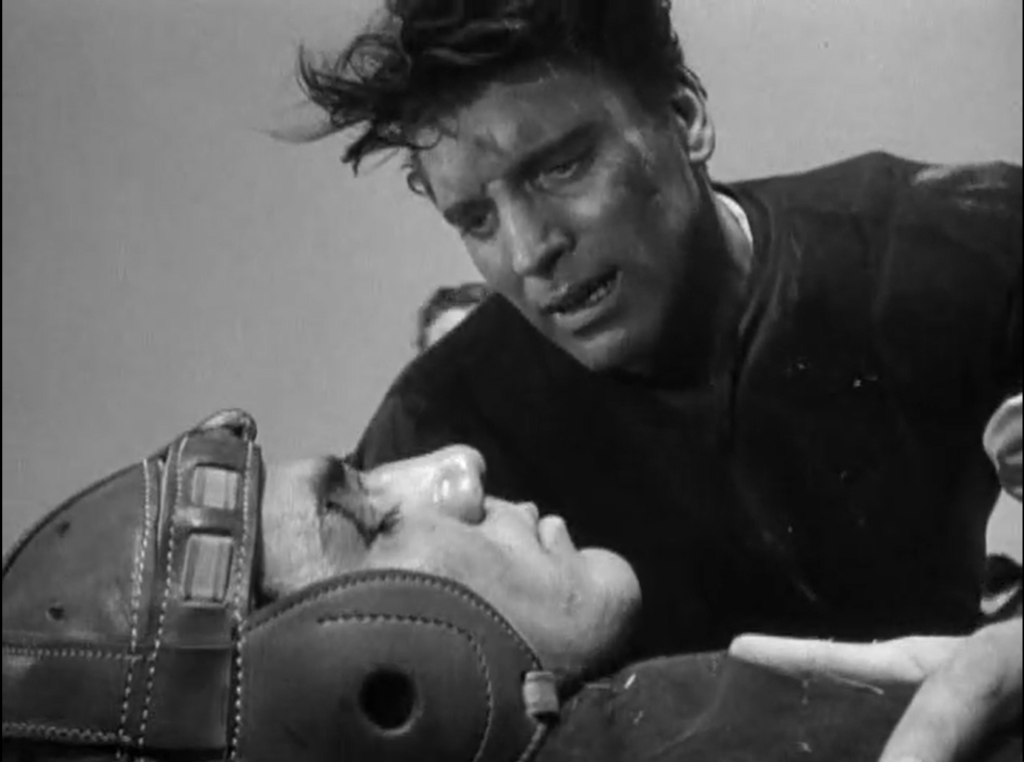
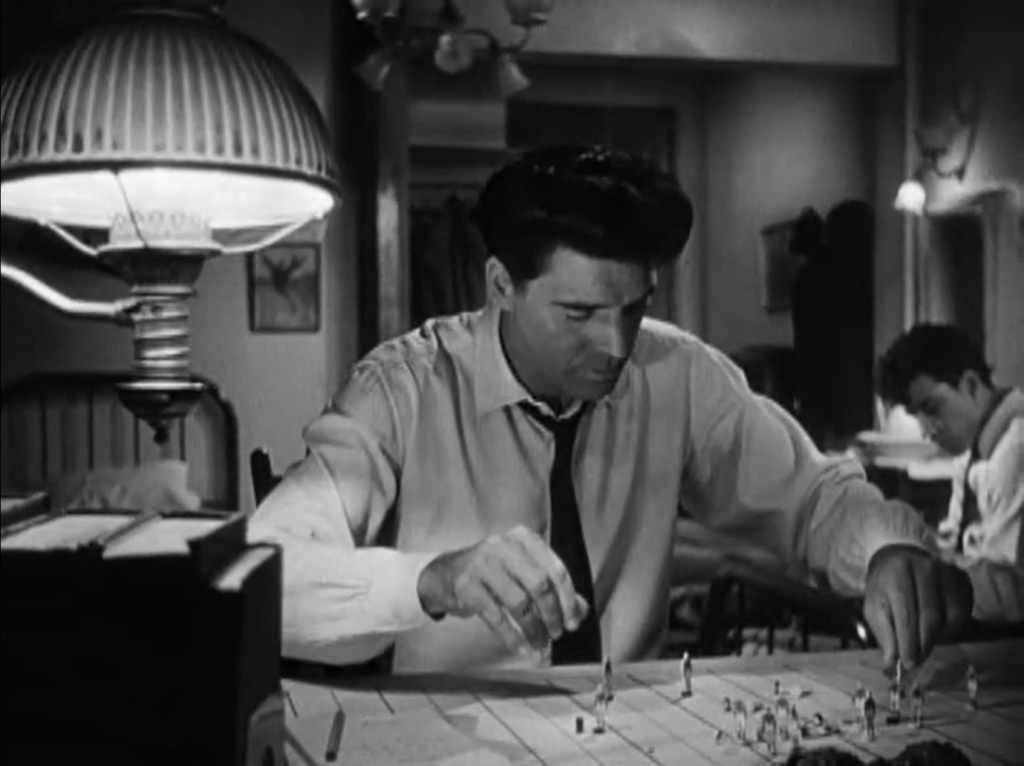
One thought on “Jim Thorpe — All American (1951)”
First viewing. I’ll agree that it’s a once-must for its historical significance, as “a rare glimpse into the lives of Native Americans”.
That said, viewers will still have to look elsewhere for fuller facts surrounding Thorpe’s life. It’s frustrating to note (as Wikipedia does) that the Olympic medals Thorpe received were reinstated 30 years after his death. (It certainly took the Olympic committee long enough in realizing the stupid judgment it had made.)
Performances are sturdy – the usual result under smooth Curtiz direction. The film will appeal most to those with an interest in sports biopics.